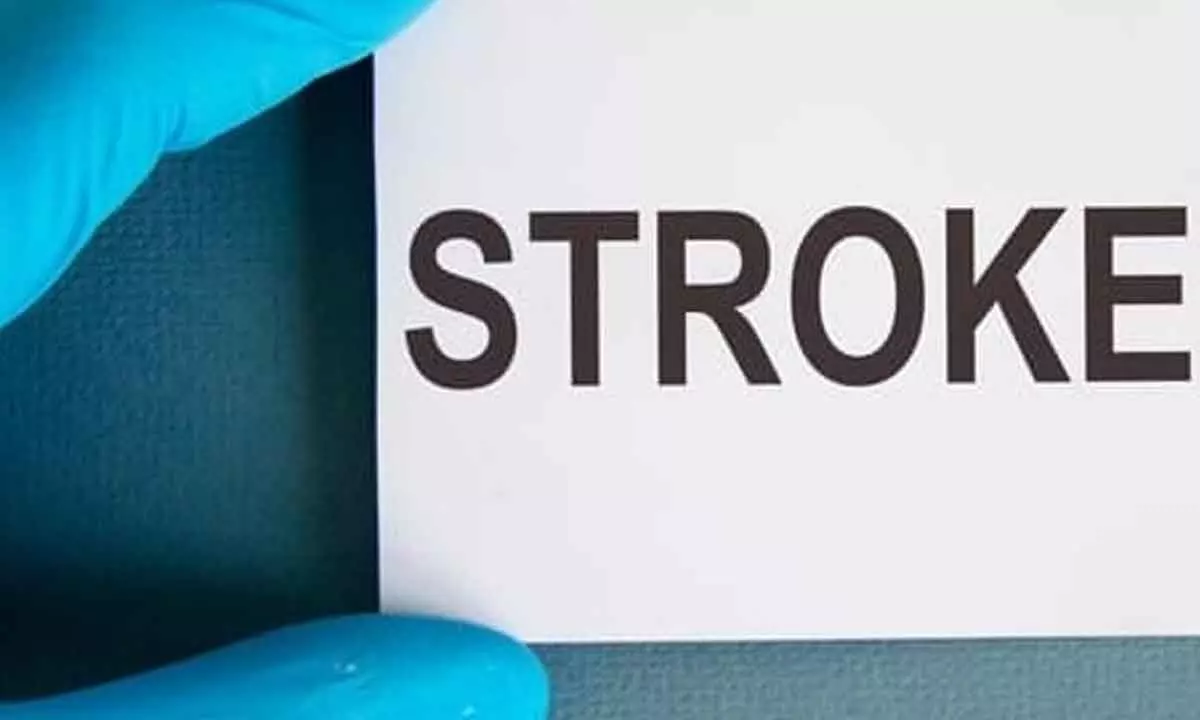Here’s how silent stroke can dent your brain health
Share :

While silent strokes may not be fatal as a normal brain stroke, it can still affect brain health and lead to cognitive issues such as memory and attention problems, said experts on Monday.
New Delhi : While silent strokes may not be fatal as a normal brain stroke, it can still affect brain health and lead to cognitive issues such as memory and attention problems, said experts on Monday.
Silent stroke, also known as silent cerebral infarction, can go undetected for years. It does not have symptoms such as sudden weakness, speech difficulties, or facial drooping.
It occurs when cerebral blood flow is transiently disrupted, leading to ischemic damage without overt clinical symptoms.
However, “the condition can result in subtle neurocognitive deficits, such as memory issues and difficulties with attention, and increased risk of subsequent overt strokes, which are more severe and easily recognisable,” Dr Deepak Yadav, Consultant, Neurology, Amrita Hospital, Faridabad, told IANS.
“Depending on the location of the clot, silent stroke can cause symptoms such as weakness in an arm or leg (which could cause a fall) or trouble speaking or seeing,” added Dr Aashka Ponda, Consultant Neuro-physician, Bhailal Amin General Hospital.
The experts noted that key risk factors include hypertension, diabetes mellitus, obesity, and a sedentary lifestyle, all of which contribute to vascular dysregulation and atherosclerosis, conditions that affect the health of blood vessels and can lead to more serious cardiovascular events.
“In India, the rising prevalence of these risk factors, coupled with increased psychological stress and dietary changes, has led to an uptick in silent strokes,” Yadav said.
The experts recommended early neuroimaging assessments for identifying silent strokes before they cause significant harm. They suggested regular health screenings and lifestyle changes, such as improving diet with cutting down excessive salt, eating healthy, increasing physical activity, and managing stress to combat the risk of stroke.
The doctors also advised to avoid smoking and tobacco consumption in any form and to also refrain from consumption of aerated drinks.
Importantly, “keep your BP, cholesterol and blood sugar in check to ward off silent stroke risk,” Ponda told IANS.








